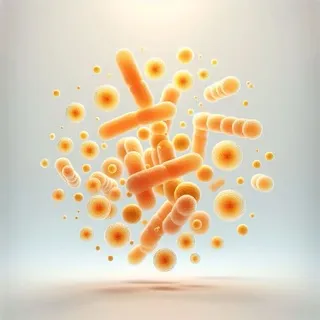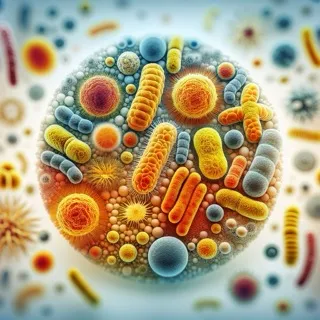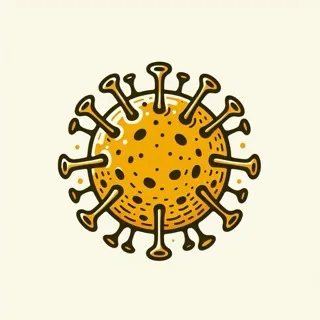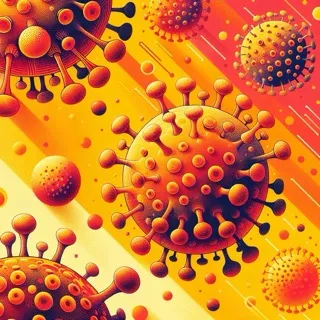Your reference for hepatitis C in Quebec
Understand the main differences between bacteria and viruses
Bacteria
Bacteria were the first life forms to appear on our planet, billions of years ago. Unicellular and without a nucleus, they are self-sufficient and proliferate at dizzying speed. Each human being is made up of several billion bacteria.
Generally harmless or beneficial to our organism, they form a protective barrier against other infections, perform various biological functions and make up the majority of our intestinal flora.
However, they can also be pathogenic (tuberculosis, meningitis, cholera, plague, syphilis, etc.): taking antibiotics will prevent or destroy the multiplication of bacteria.


Viruses
Much smaller than bacteria, the virus is unable to survive or reproduce unless it enters a living cell (liver cells, immune system cells, etc.). Viruses are the cause of colds and flu.
Some viruses can be overcome by our immune system, but antibiotics are ineffective against viruses.
Only vaccines that prevent the virus from entering the cell will ensure immunity. These are preventive vaccines.


Bacteria, viruses or parasites? Learn more about STBBIs and viral hepatitis:
*Parasites are life forms that live at the expense of another organism (the host). They are eukaryotes (their cells have a nucleus, like ours), unlike bacteria, which are prokaryotes (their cells have no nucleus).




